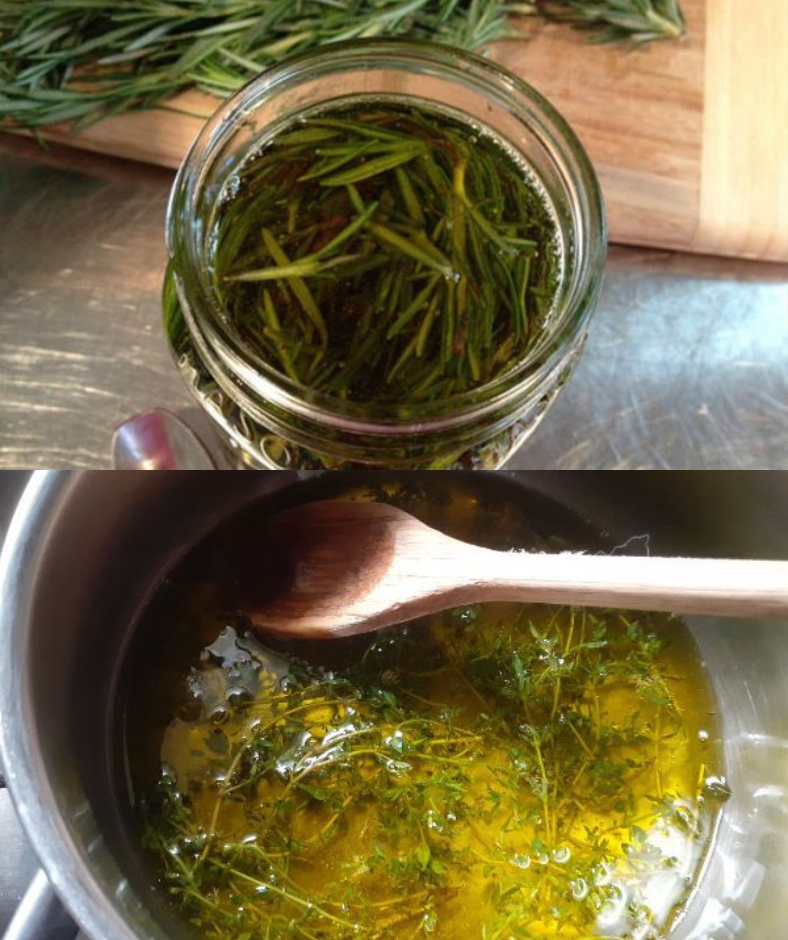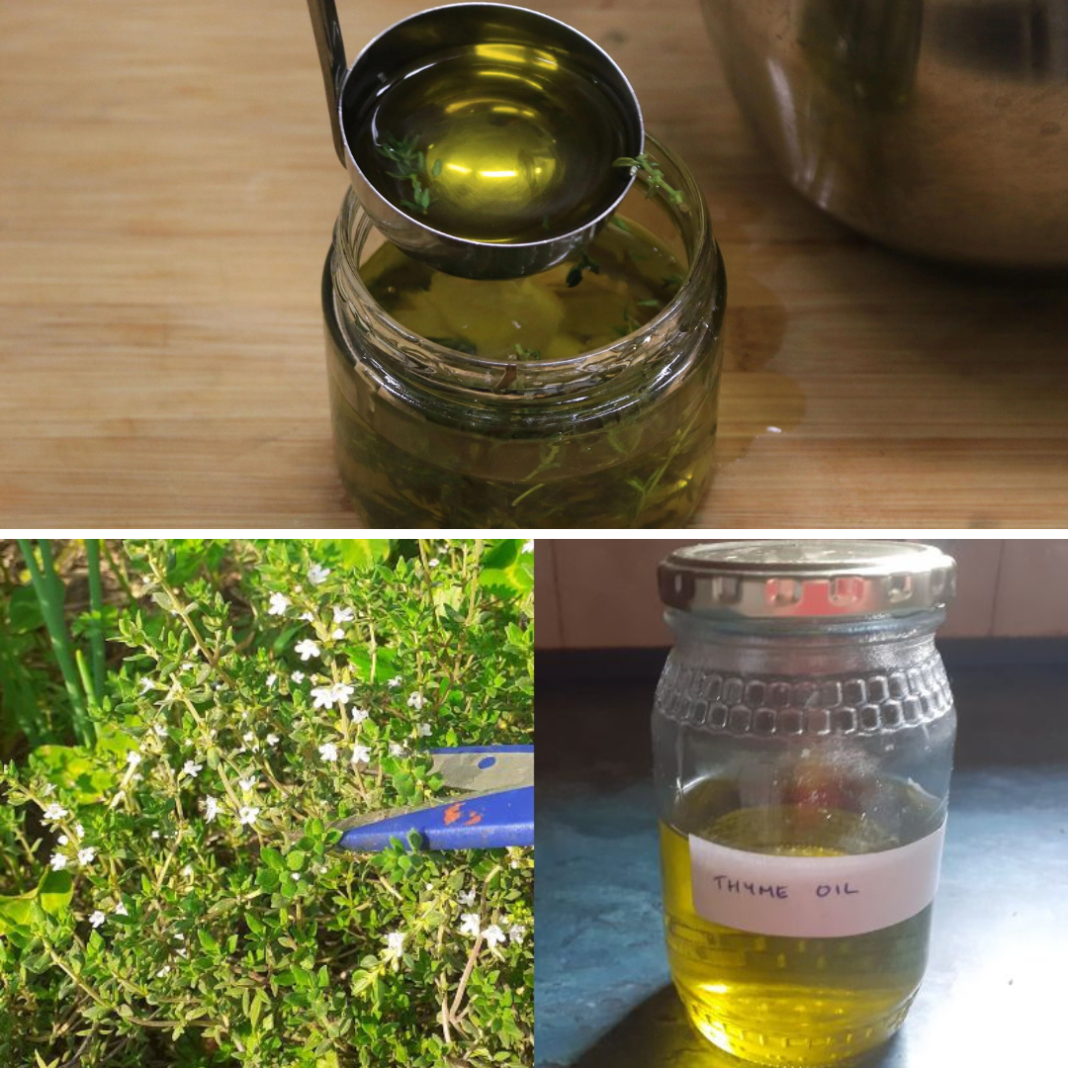Recent discoveries have shed light on the remarkable potential of thyme oil, particularly in its ability to target lung cancer cells. With studies indicating that it can eliminate up to 97% of lung tumor cells, thyme oil is gaining significant attention from the medical and research communities. This essential oil, derived from the Thymus vulgaris plant, is also noted for its potent antiseptic properties, enhancing its value in therapeutic applications.

Thyme Oil’s Heritage and Composition
Thyme, belonging to the Lamiaceae family, is celebrated for its aromatic qualities and medicinal benefits. Extracted through steam distillation from the plant’s leaves and stems, thyme oil has a rich history of use across various cultures. Its effectiveness is attributed to the presence of compounds like thymol, carvacrol, and flavonoids, known for their therapeutic properties.
Breakthrough in Lung Cancer Research
Recent research has highlighted thyme oil’s capacity to inhibit lung cancer cell growth, providing a novel approach to lung cancer treatment. A pivotal study published in a specialized journal demonstrated that thyme oil could remarkably reduce lung tumor cells in laboratory mice. This finding paves the way for exploring natural, less invasive alternative therapies in combating lung cancer.
Thyme Oil in Respiratory Health
Beyond its potential in cancer therapy, thyme oil is renowned for its strong antiseptic qualities. It has traditionally been used to treat respiratory infections, coughs, colds, and sinusitis. The oil’s anti-inflammatory and immune-boosting properties make it an effective remedy in managing various respiratory tract conditions.
A Note of Caution
While these developments are promising, it’s crucial to recognize that research into thyme oil’s efficacy in treating lung cancer is still in preliminary stages. Thyme oil is not a substitute for conventional cancer treatments. Patients should always consult healthcare professionals before adopting new therapies or treatments to ensure they receive appropriate care and guidance.
Conclusion
Thyme oil emerges as a potentially groundbreaking agent in the fight against lung cancer, offering hope for more natural treatment options. Its antiseptic capabilities further endorse its use in respiratory health. However, more comprehensive research is necessary to fully understand its potential and application in medical practice. As the scientific community continues to explore its benefits, thyme oil represents a fascinating convergence of traditional medicine and modern research.










